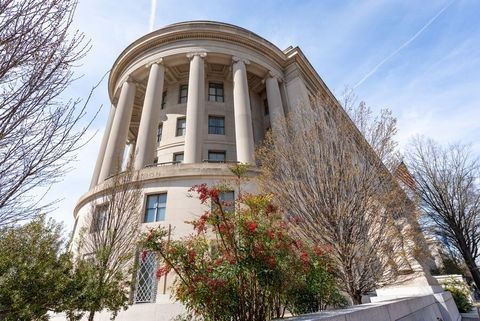Maine's Discount Drug Program Struck Down
Client Alert | 1 min read | 01.07.03
The Court of Appeals for the D.C. Circuit has upheld the challenge of the Pharmaceutical Research and Manufacturers of America ("PhRMA") to the Maine Medicaid demonstration project which sought to offer low-income citizens a discount on prescription drugs, funded in part by manufacturer rebates and in part by a 2% state subsidy. Pharmaceutical Research and Manufacturers of America v. Tommy G. Thompson, Dkt. No. 02-5110 (Dec. 24, 2002). http://laws.findlaw.com/dc/025110.html
PhRMA claimed that Maine's program mirrored a Vermont demonstration project which the same court had already struck down as inconsistent with the Social Security Act's Medicaid provisions. ("PhRMA I"). PhRMA sues HHS to force federal disapproval of the program. The District Court rejected PhRMA's challenges and granted summary judgement to the Secretary of HHS. The Court of Appeals reversed the District Court decision finding the Maine Prescription Drug Discount Program ("PDDP") violated the Social Security Act by requiring drug manufacturers to pay rebates to the state without requiring the state or the federal government to make Medicaid payments. A central goal of Maine's project design was to provide a prescription drug benefit without creating net costs for the State, the Court noted.
The record showed that Maine's original program mirrored the Vermont program. After PhRMA I, Maine revised the program to include a 2% state contribution to the drug manufacturer rebates in order to avoid a similar fate. The Secretary, however, never approved this modification. Furthermore, the court found the 2% contribution did not revise the PDDP to be "meaningfully different" from the Vermont program because the contribution was not guaranteed by state law or an official component of the PDDP, and could be changed or discontinued at any time. The Court of Appeals held that "Maine's only federally approved version of PDDP mirrors Vermont's legally flawed program, i.e., one in which all costs are covered by drug discount rebates, with no required state or federal "payments" under Medicaid."
Insights
Client Alert | 3 min read | 02.11.26
On July 8, 2025, the U.S. Court of Appeals for the Eighth Circuit vacated the Federal Trade Commission’s (FTC) Rule Concerning Subscriptions and Other Negative Option Plans, commonly known as the “Click-to-Cancel” rule. As detailed in a previous client alert, the rule was intended to regulate negative option plans[1]— such as subscriptions and automatic renewals — by imposing stringent requirements on businesses, including streamlined cancellation processes and enhanced disclosure obligations. The Eighth Circuit vacated the Click-to-Cancel rule because it found that the FTC had failed to comply with mandatory procedural requirements. As a result, the rule is no longer in effect, and businesses are not currently subject to its mandates.
Client Alert | 3 min read | 02.10.26
UK FCA Proposes New Sustainability Disclosure Rules for Listed Companies
Client Alert | 3 min read | 02.09.26
Client Alert | 1 min read | 02.09.26
Worried Three’s a Crowd? Decline Intervention at Your Own Peril


